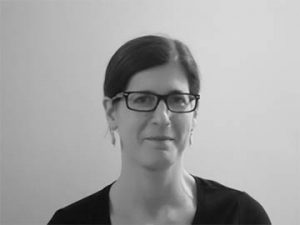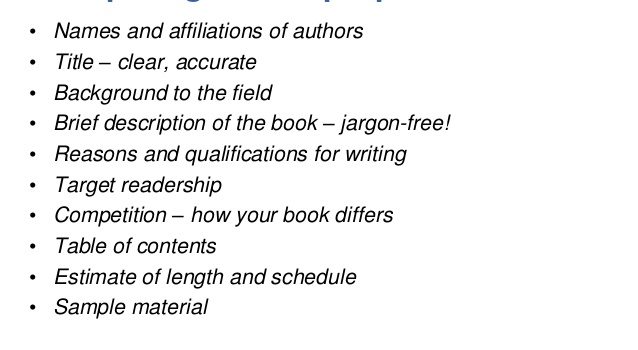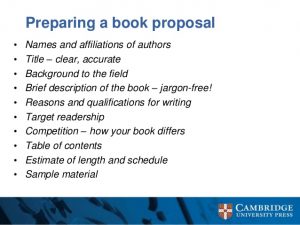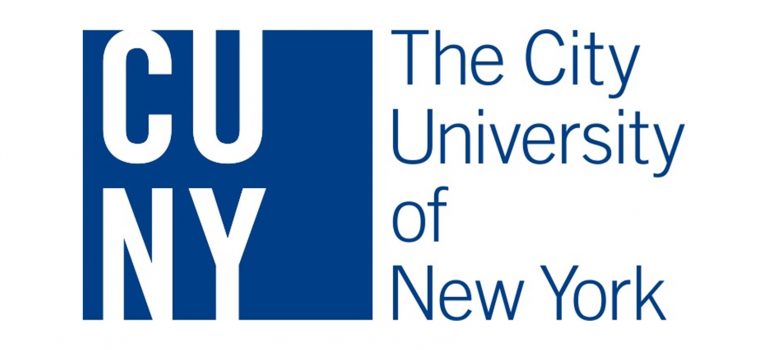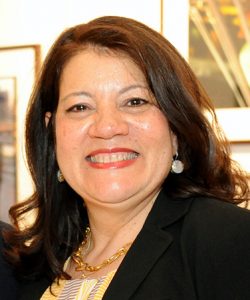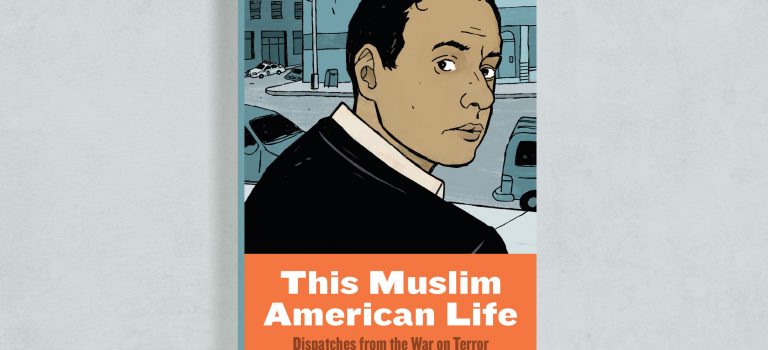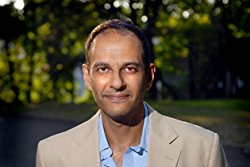
As a new semester begins, I often feel myself renewed, eager, and sometimes nervous, about getting work done. For me, that “work” is writing–writing a new article, book chapter, or revising something that I believe deserves an audience. In the spirit of our community of scholars, I’ve got some tips and announcements that might help you execute your plans and alleviate your fears.
If you are writing your first book, please attend the talk, “From Dissertation to First Book: A Practical Guide” that will take place at the Graduate Center on February 6, at 6:30PM , by Ken Wissoker, Editorial Director,Duke University Press and Director, Intellectuals Publics (CUNY). Some of you might remember he spoke to our community during one of our Publishing Workshops–Ken is an awesome speaker whose humor and practical advice continues to inspire me as I continue my writing projects.
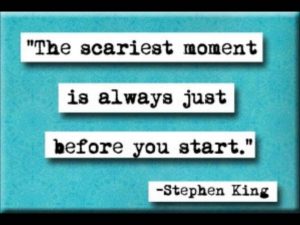
This article from The Chronicle of Higher Education, “The Habits of Highly Productive Writers” offers some useful gems and reminders. Former FFPP Mentor Carrie Hintz’s advice on distractions and carving out time to write really makes sense for those of us who feel like the demands of teaching and everyday life diminish our productivity. Her discussion of “the pomodoro” method is a welcome solution, especially when we are trying to write while we teach. And, Vilna Bashi-Treitler’s suggestion that we should all form a “No Committee” is a novel way to navigate the extra work of department and college service demands.
My earlier post about online citation tools can help you find the right technology to organize your notes, create works cited lists, and bibliographies. Using Zotero, for example, has made my ability to collect articles, organize my notes, and integrate citations into my original texts so much easier.
Of course, the work gets done when we commit to doing the work. This commitment requires that we organize our goals, establish priorities, and schedule regular, inviolable times to write–those times could be 30 minutes a day or 2 hours every Monday, Wednesday, and Friday. The important thing is to keep at it.
Cheers to your productive 2018!
Shelly Eversley
